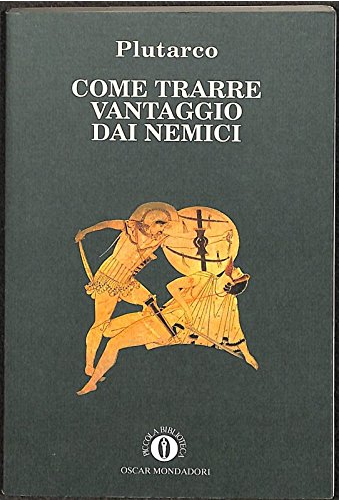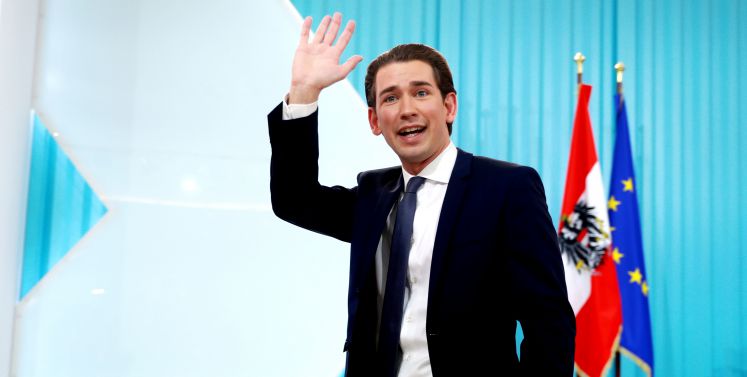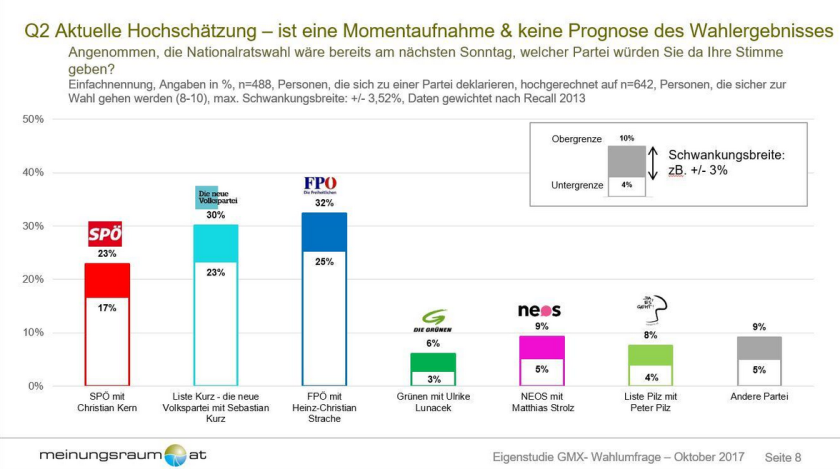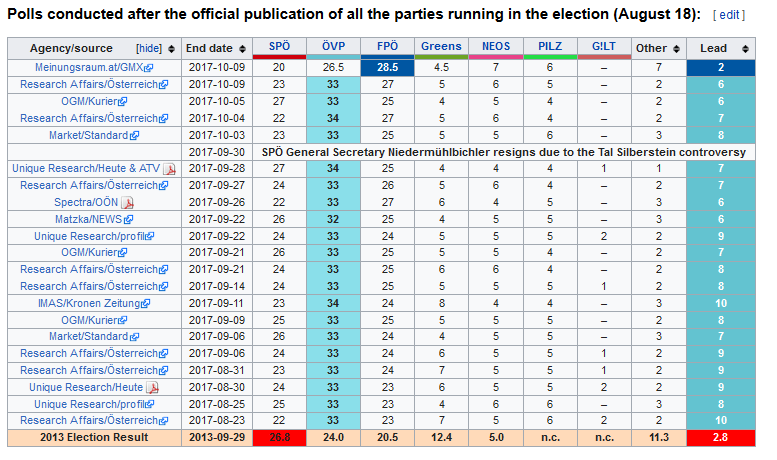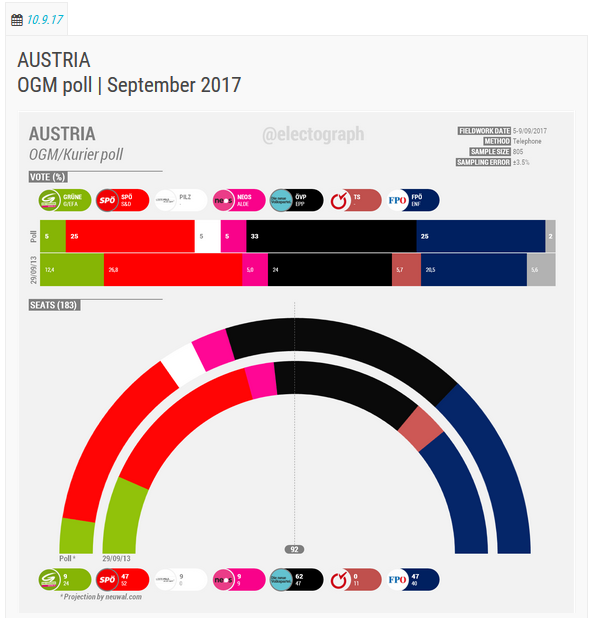Giuseppe Sandro Mela.
2019-05-19.
«Non ci sono alternative …. con la Fpoe una collaborazione è impossibile, i socialdemocratici non condividono le nostre posizioni e gli altri partiti sono troppo piccoli …. Quando è troppo è troppo …. La Fpoe danneggia il nostro Paese. E’ in contrasto con il principio del servizio per il Paese»
*
«Ho chiesto al presidente della Repubblica di convocare il prima possibile elezioni anticipate»
*
«Austrian Chancellor Sebastian Kurz has asked for a snap election after his Vice-Chancellor, Heinz-Christian Strache, resigned over a corruption scandal»
*
«The video appears to show him discussing government contracts with an alleged Russian investor»
* * * * * * *
Lo scandalo non è tanto di corruzione economica, quanto piuttosto di corruzione politica.
La chiave di volta è nell’ultima frase riportata:
«discussing government contracts with an alleged Russian investor»

